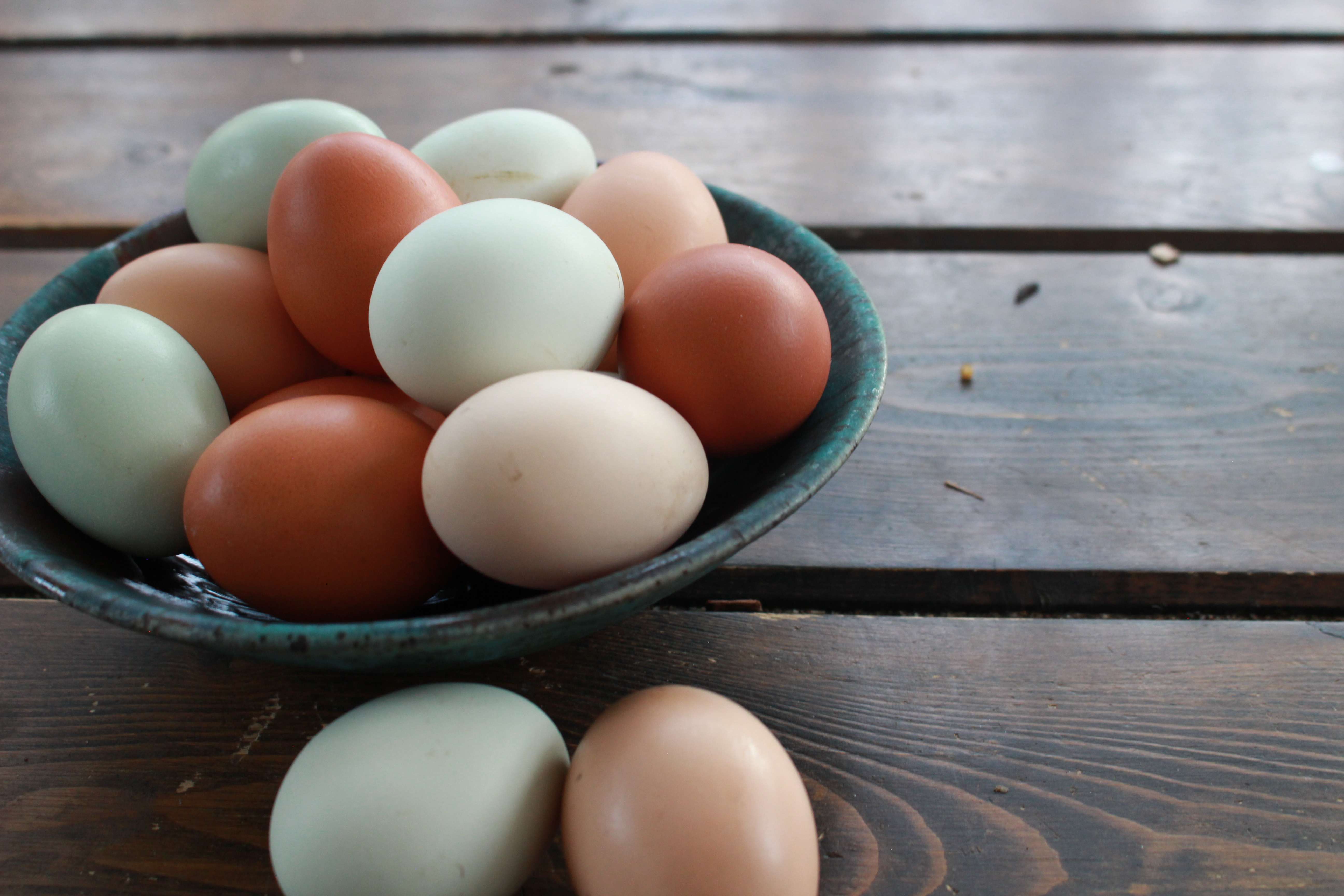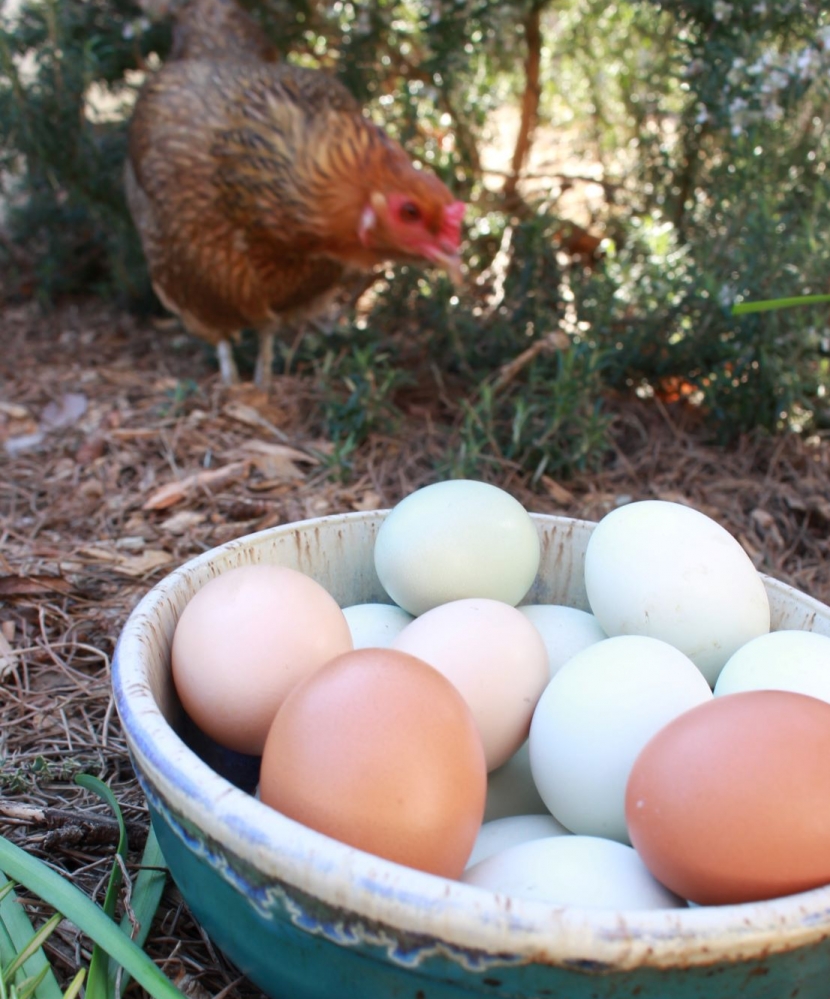Cracking Through Egg-Centric Myths
For a number of years, eggs have had a bad rap. We were told that eggs were loaded with cholesterol. Newer studies have shown that while eggs do contain cholesterol, there is no link shown between egg intake and heart disease risk.
Then we spent decades hearing that we need less fat in our diets, so many began to separate out the “fatty” and cholesterol-rich yolks to consume only egg whites. While it is true that egg whites are low in fat and calories, they are also low in nutrients, containing 90% water, 10% protein and bits of vitamins. The golden yolk, on the other hand, carries the bulk of the benefits: The golden yolk, on the other hand, bone health and immune function and carotenoids that are helpful for healthy vision and reducing inflammation. And as we are learning lately, good natural fats are actually helpful for brain health.
Eggs have been a basic part of the human diet for thousands of years. It is only in the last several decades that egg consumption has been separated from its season. Like many animals, poultry tend to propagate during the spring. As any small farmer or backyard chicken wrangler can attest, winter is very lean on eggs, even in mild-climate Ventura County.
It is actually the amount of daylight hours that determines how prolific a hen will be in her egg production so most egg farmers, organic and conventional alike, use some form of artificial lighting to lengthen the winter days. Light supplementation began to be used commercially around 100 years ago and has given us winter eggs ever since.
Traditional egg recipes, found in many an old cookbook, typically include a variety of vegetables only available in the spring. In fact, the favorite holiday treat of eggnog, which historically contained alcohol, was developed as a natural method of preserving the spring and summer abundance of eggs for the winter months.
As we dive into spring, we thought it would be fun to try out some recipes provided by Bree and Jaron Gugliuzza of the Royal Egg Café that help to use up some of the surplus of eggs coming. Check out some of the local Facebook groups and CSAs to find your nearest egg supplier. There is nothing quite like an egg freshly collected.
Worth noting: Hens lay (and discard) eggs regardless of the presence of a rooster, making unfertilized (and therefore non-viable) eggs a good ethically sourced food rich in protein for vegetarians.









